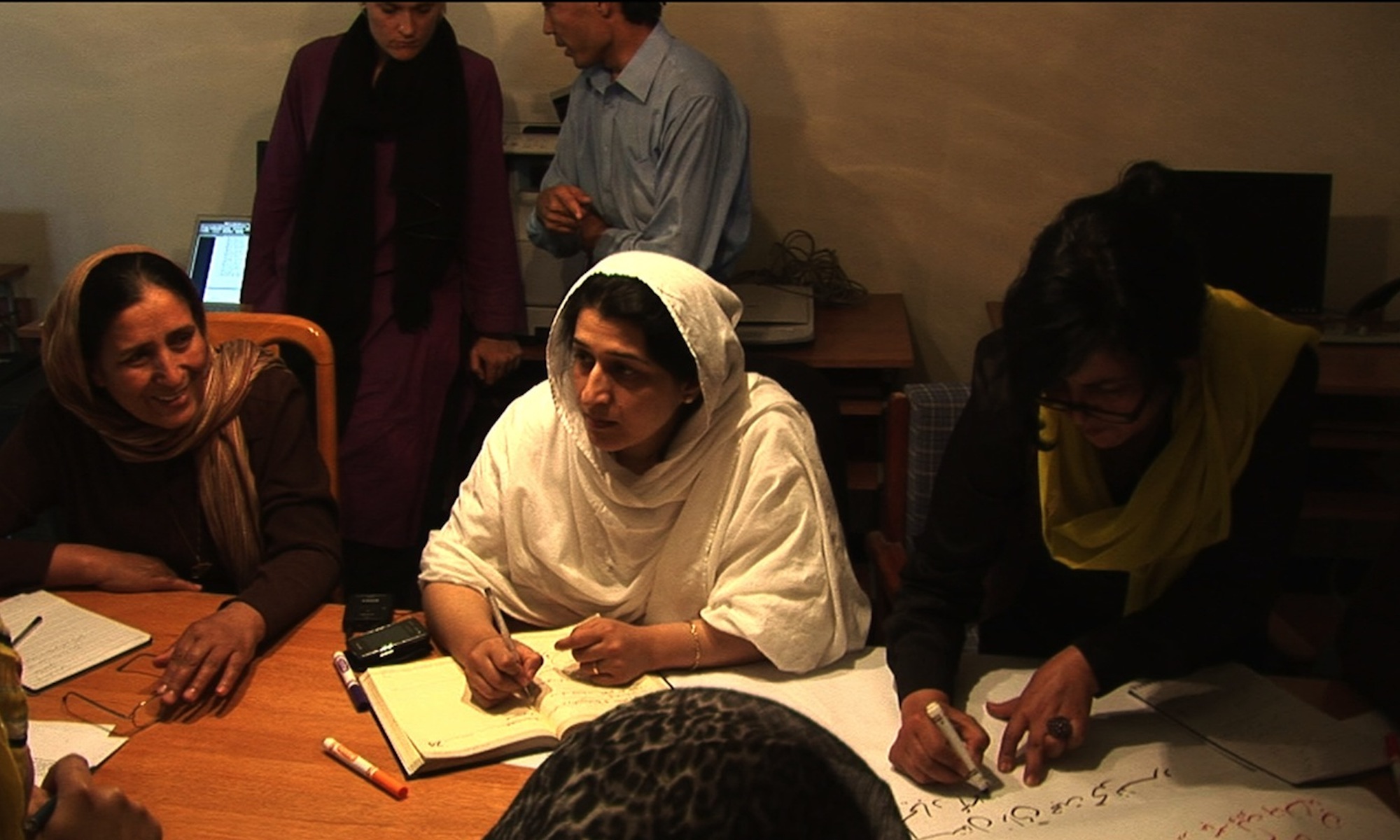Recent Bank Support for Civil Service Reconstruction in Post-Conflict Countries
Civil service reconstruction is important in post-conflict countries because conflict erodes institutions and civil service capacity. And because successful reconstruction-in all sectors -requires domestic capacity to implement projects, a weak civil service undermines overall reconstruction efforts. Moreover, donor assistance is crucial to a country’s rebuilding, and coordinating such assistance requires a certain amount of civil service capacity. In addition, the Bank has found that country ownership is essential for successful projects. But country ownership can be jeopardized if international agencies and nongovernmental organizations (NGOs) dominate reconstruction efforts, overwhelming states already weakened by conflict. Civil service reconstruction offers an opportunity to start anew, with little of the resistance to civil service reform often encountered from politicians and civil servants. It allows good practices to be instilled from the outset-without having to undo bad ones.
Sierra Leone: Disarmament, Demobilization and Reintegration (DDR)
This note describes the Disarmament and Demobilization (D&D) of combatants from all warring parties in January 2002, which marked the official end of the civil war in Sierra Leone. D&D was part of a larger disarmament, demobilization, and reintegration (DDR) program, implemented by the Government of Sierra Leone with the support of the World Bank, together with other international institutions and Nongovernmenal Organizations (NGOs). The experience of Sierra Leone is discussed, as well as, how the Bank can play a role in post-conflict transitions, complementing political and security efforts of client governments and the international community.
